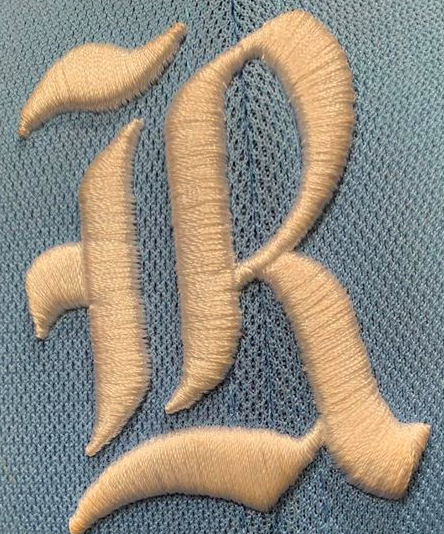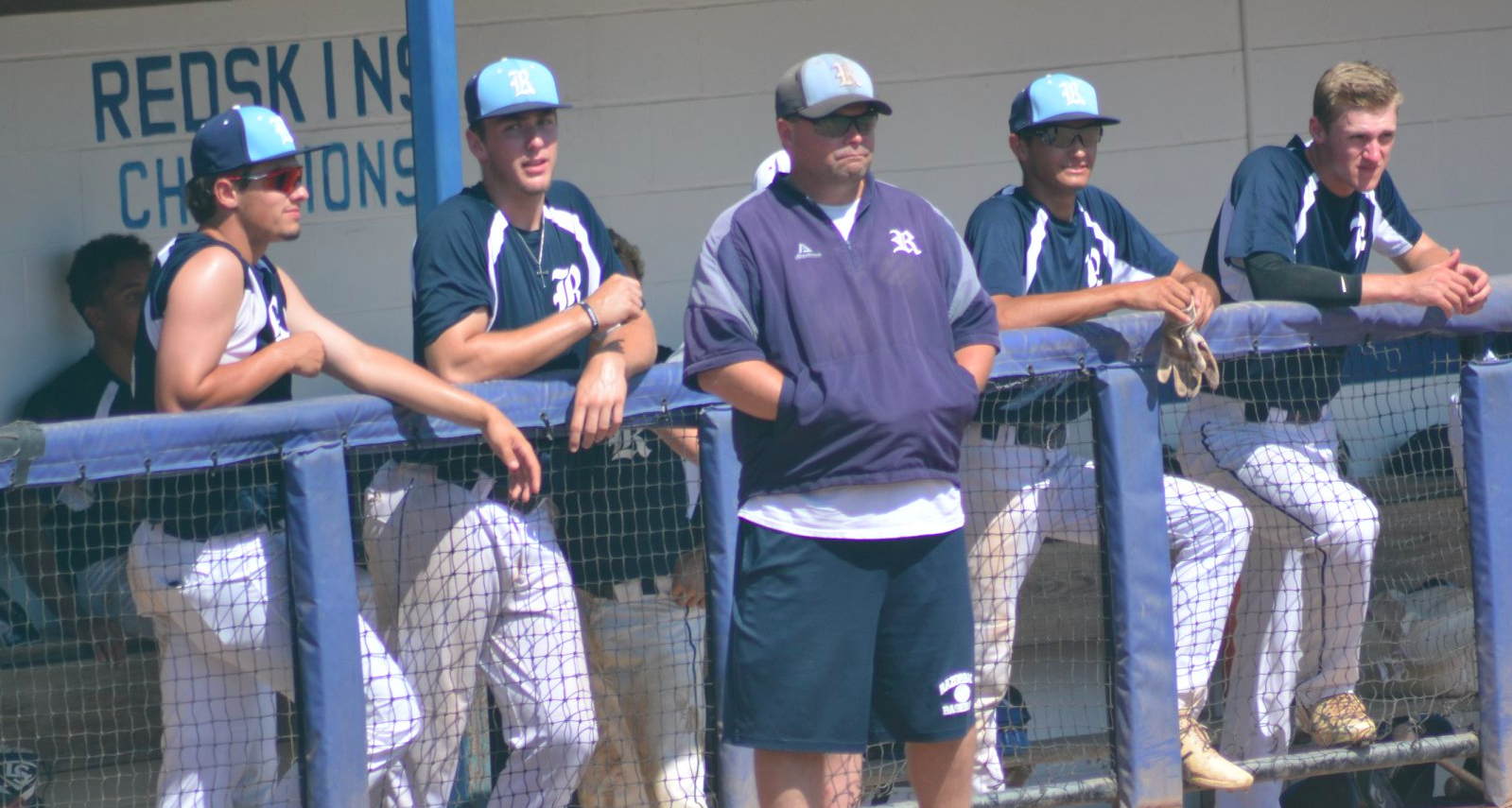
By STEVE KRAH
http://www.IndianaRBI.com
Illinois junior college baseball has long been a destination for Indiana players.
Many have used the two-year institutions to springboard into a four-year school or the professional ranks.
Our neighbors to the west sport 41 National Junior College Athletic Association programs in Division I, II and III (Regions 4 or 24).
There is a difference between divisions.
NJCAA Divisions I and II can offer up to 24 athletic scholarships. Division III schools do not. Most (but not all) junior colleges have other scholarship and financial aid options.
Illinois’ NJCAA D-I teams include Frontier Community College (Fairfield), John A. Logan College (Carterville), Kakaskia College (Centralia), Kishwaukee College (Malta), Lake Land College (Mattoon), Lincoln Trail College (Robinson), Olive-Harvey College (Chicago), Olney Central College (Olney), Rend Lake College (Ina), Shawnee CC (Ullin), South Suburban College (South Holland), Southeastern Illinois College (Harrisburg), Southwestern Illinois College (Swansea), Triton College (River Grove) and Wabash Valley College (Mount Carmel).
Wabash Valley went 59-9 and qualified for the 2022 NJCAA D-I World Series in Grand Junction, Colo.
“We’ve been very fortunate,” says Wabash Valley coach Aaron Biddle, who is in his eighth season with the Warriors and first as head coach in 2023. “We’ve had some very good Indiana kids over the years. We’re just right across the border form Princeton, Ind. Getting into Evansville and going up to Indianapolis are great recruiting sources for us.
“Our conference is real competitive.”
John A. Logan, Kakaskia, Lake Land, Lincoln Trail, Olney Central, Rend Lake, Shawnee, Southeastern Illinois, Southwestern Illinois and Wabash Valley is in the Great Rivers Athletic Conference.
WVC plays mostly D-I schools with a few D-II’s sprinkled in.
“The more D-I opponents you have on your schedule the better it is for your (RPI) rankings,” says Biddle.
What does “JUCO Bandit” means to Biddle, who started his college playing career at former NJCAA D-III St. Catharine in Kentucky and finished at NCAA D-II Kentucky Wesleyan.
“Maybe he’s not be getting the offers he wants at (NCAA) D-I or a big school and he’s going to bet on himself and he’s going to go the JUCO route, grind for two years and get better everyday and definitely get that offer he’s not getting right now,” says Biddle. “We get to spend a lot of time with our guys. We get to be with them almost every single day. There’s not a lot of restrictions on how much practice time we have.
“The big things is that in the fall, we get to play 14 dates. We get to play every weekend. Guys are getting all those extra innings and they’re getting to compete. That’s a big thing for us.
“In baseball you’ve got to play to get better.”
Biddle says the funnest aspect of his job is seeing players land at their dream school.
South Suburban posted a 42-19 record in 2022.
Kevin Bowers has been head coach at Lincoln Trail since the 2010 season. That was the sophomore season of Justin Hancock (who went on to pitch in the big leagues and is now an Indiana State University assistant).
Bowers was on the LTC staff since 2001 and was an assistant to then-Statesmen head coach Mitch Hannahs (who is now head coach at Indiana State).
Bowers coached at ISU for the 2000 season. Lincoln Trail is about 10 miles from the Indiana line and 40 miles from ISU.
“The talent level is just off the chart,” says Bowers. “I’m certainly not knocking the state of Illinois. We’ve had a great deal of success with kids out of Indiana.”
Bowers has a take on “JUCO Bandit.”
“We develop an ‘ask no quarter, take no quarter’ mentality,” says Bowers. “We don’t want for a lot. We don’t need a lot. But we try to get a lot done.
“’Bandit has that negative connotation to it. When you go to junior college your mindset is that you’re foregoing the 100,000-seat football stadium. There’s not a lot of nightlife. Campus activities are geared around the athletics. You develop a worker’s mentality.
“There’s not a lot of thrills, but the talent at this level is crazy good.”
Bowers said there was a time when junior college baseball was battling the perception that their players had got booted from another school or could not make grades.
“Our guys are getting it done in the classroom and they’re getting it done on the field,” says Bowers, whose program earned a 2021-22 American Baseball Coaches Association Team Excellence Award for posting a grade-point average of 3.0 or above. “It’s a situation where academically you’re not going to lose ground.”
Illinois’ NJCAA D-II squads are Black Hawk-Moline College (Moline), Carl Sandburg College (Galesburg), Danville Area CC (Danville), Elgin CC (Elgin), Heartland CC (Normal), Highland College (Freeport), Illinois Central College (East Peoria), Illinois Valley CC (Oglesby), John Wood CC (Quincy), Kankakee CC (Kankakee), College of Lake County (Grayslake), Lewis & Clark CC (Godfrey), Lincoln Land CC (Springfield), McHenry County College (Crystal Lake), Moraine Valley CC (Palos Heights), Morton College (Cicero), Parkland College (Champaign), Prairie State College (Chicago Heights), Sauk Valley CC (Dixon) and Spoon River College (Canton).
Heartland (49-10) played in the 2022 NJCAA D-II World Series in Enid, Okla.
The Mid-West Athletic Conference features Heartland, Danville Area, Illinois Central, John Wood, Lewis & Clark, Lincoln Land, Parkland and Spoon River plus Vincennes (Ind.) University.
Also in 2022, Kankakee went 43-17, McHenry 40-18, Black Hawk-Moline 35-20, Lake County 32-20 and Morton 32-20.
Illinois’ NJCAA D-III features College of DuPage (Glen Ellyn), Harper College (Palatine), Joliet Junior College (Joliet), Oakton CC (Skokie), Rock Valley College (Rockport) and Waubonsee CC (Sugar Grove).
The Arrowhead Conference is made up of Black Hawk-Moline, Carl Sandburg, Highland, Illinois Valley, Kishwaukee and Sauk Valley.
Oakton (34-28-1) competed in the 2022 NJCAA D-III World Series in Greenville, Tenn.
Illinois Skyway Collegiate Conference includes Lake County, Elgin, McHenry County, Moraine Valley, Morton, Oakton, Prairie State and Waubonsee.
Since 1993, Triton is a two-time D-I World Series runner-up (1993 and 1994).
D-II World Series titles were earned by Kishwaukee (1999), Lincoln Land (2000), Parkland (2002 and 2009) and Kankakee (2017). Parkland was also a runner-up in 2018.
Joliet earned D-III World Series championships in 1994, 2008 and 2012 and placed second in 1995 and 2015. Oakton reigned in D-III in 2018 and Waubonsee was runner-up in 1996.











